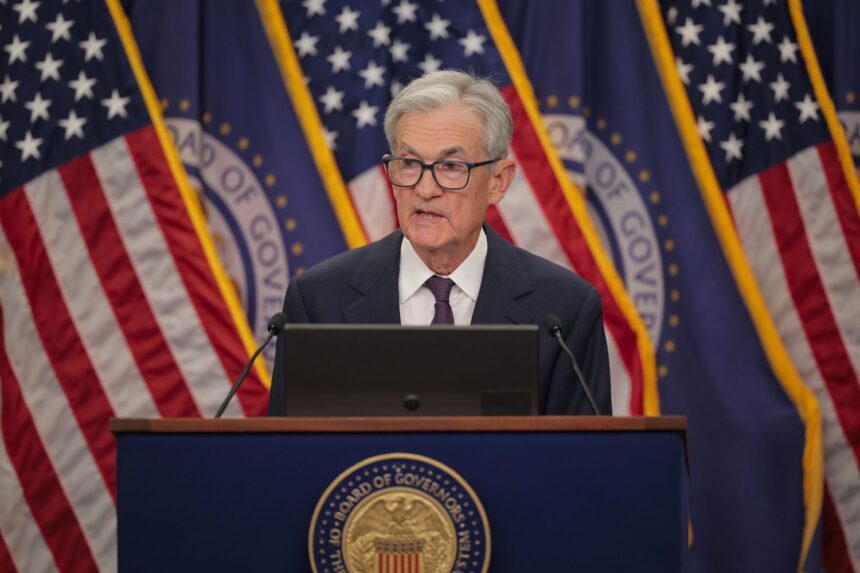In a noteworthy shift in monetary policy, the Federal Reserve has announced a reduction of its key interest rate by a quarter-point, bringing it down to a range of 4% to 4.25%. This decision marks the first rate cut since December 2022 and aims to alleviate borrowing costs, primarily to bolster job growth and mitigate potential unemployment risks. The Fed’s policy committee indicated expectations of two additional rate cuts by year’s end, projecting a further decrease to 3.5% to 3.75%. These forecasts have been updated from the previous expectations set in June.
Fed officials are grappling with the ongoing economic impact of trade tensions stemming from President Donald Trump’s policies. While efforts to tame inflation have halted any rate changes earlier this year—given that the inflation rate still surpasses the Fed’s target of 2%—recent trends signal deepening concerns over economic stagnation, calling for a recalibration of monetary policy.
In the wake of the Fed’s announcement, the stock market exhibited mixed reactions. The S&P 500 futures suggested a 0.6% move, reflecting traders’ optimism for a post-rate cut rally. Notably, Uber Technologies experienced a decline of about 5% in stock value following a strategic partnership announcement between its rival, Lyft, and Waymo for an autonomous ride-hailing service in Nashville, which boosted Lyft shares by more than 12%.
As homeowners rush to capitalize on favorable borrowing conditions, applications for refinancing have surged nearly 60% after recent decreases in mortgage rates. The Mortgage Bankers Association reported heightened demand for refinancing, reflecting a broader trend as homeowners seek relief from elevated borrowing costs.
Additionally, challenges within the tech landscape persist. Reports surfaced indicating that China has prohibited its leading tech firms from acquiring Nvidia AI chips, which has strained the U.S. chipmaker’s sales potential in the region.
Amidst these economic currents, data regarding layoffs suggests a shift in the labor market dynamics. Many economists have expressed concerns that layoffs are higher than previously acknowledged, potentially destabilizing a labor market already facing hiring slowdowns.
In corporate news, Ben & Jerry’s co-founder Jerry Greenfield announced his resignation after decades in the business, criticizing the company’s parent, Unilever, for failing to uphold commitments regarding social justice. Workday’s stock rose significantly following Elliott Investment Management’s acquisition of a $2 billion stake, highlighting investor confidence in the company’s future direction.
Overall, the economic landscape remains in flux, with the Fed’s latest interest rate decision poised to influence a myriad of sectors and investor sentiment in the coming months.





